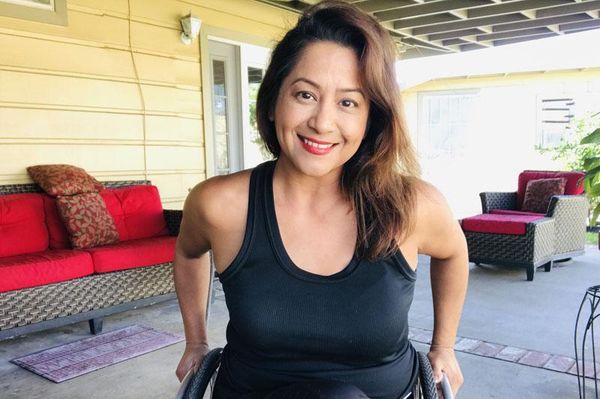Living with chronic pain can be tough, but it's even more challenging for patients while they try to be productive at work. As a physician anesthesiologist who works with a broad range of chronic pain patients, I understand how difficult it is to transition back to a high-paced, high functioning job environment while still living with constant pain. Although with a lot of work, it can be done with some time, patience and a committed partnership between physician and patient.
There are some basic tips patients need to know to successfully transition back to full productivity at their jobs while living with chronic pain. General health recommendations should always come from your own physician first, so please consult with him or her before implementing these tips.
1. Take regular breaks and stay hydrated. Living with chronic pain at work can be taxing, and taking regular breaks ensures that the body stays in motion while giving muscles time to move. This also prevents muscles from tightening and causing pain. Additionally, hydration plays a key role in keeping normal equilibrium and prevents dehydration, especially during warmer seasons.
2. Have standing meetings and consider implementing standing desks. If you absolutely must have a meeting, increasing evidence shows that standing desks/meetings may result in increased group attention and improved group performance. Using a standing desk in your office may also prevent pain resulting from sitting too long in a seated position. If you have chronic lower back or neck pain, this option is worth considering.
3. Have self-imposed deadlines and stick to them. Stress often increases levels of pain, so staying on track with top-level projects will help manage both your stress and pain levels. Not only will this help you become more focused and productive, but it will also prevent long-term pain.
4. Take exercise breaks. This is a very important part of dealing with pain at work. I usually guide my patients on what exercises to do at work and how exactly to do them. This helps patients de-stress, re-focus and get back on track. The exercises should be simple but relaxing enough to get back on schedule, such as a 15-minute walk outside or simple stretches at your desk.
5. Keep your workspace clear and clean. A cluttered desk is a symptom of a cluttered mind, and clearing both will keep you organized, decrease your stress levels and help you finish your work more efficiently. As mentioned above, lower stress levels often correlate with lower pain levels, so this is crucial if you have chronic pain.
These tips will help you focus on work, but more importantly, they will also help you focus on you and your health. If you are interested in exploring other ways to manage your pain, I recommend discussing your options with a physician anesthesiologist to determine what will work best for you.
For more information on pain management, please visit the American Society of Anesthesiologists When Seconds Count website.
More information about Dr. Anita Gupta at www.anitagupta.com.







